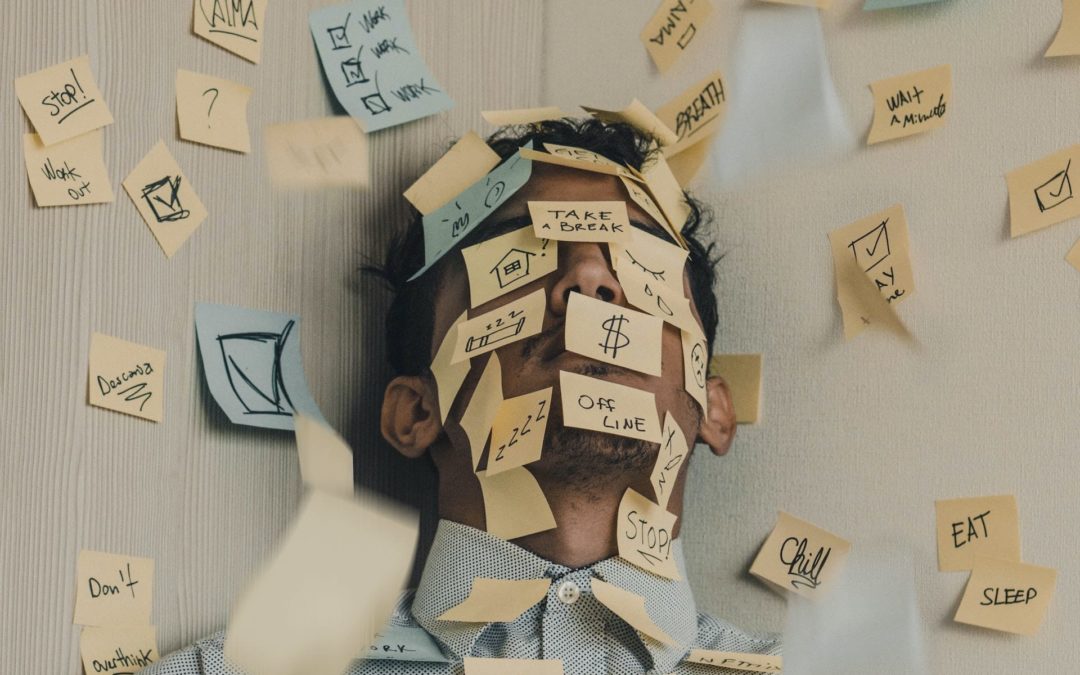We read and reviewed Stressaholic, 5 Steps to Transform Your Relationship with Stress by Heidi Hanna. The book promises to show how to win the war on stress without limiting your progress.
Why we chose to review it
The COVID-19 situation and the challenges it brings regarding economic conditions, the job market, medical concerns over friends and families, the inability to travel and visit our loved ones, and the uncertainty of light at the end of the tunnel can be overwhelming at times.
One of us has a genetic predisposition to being prone to stress and experienced a minor burnout moment recently. We feel this book might help build better coping mechanisms and manage our reactions to stress better.
Key takeaways
Humans require stress to grow. Without it, we will degenerate quickly. Stress is neither good nor bad, it is simply a stimulus to change. It can make people thrive or make people burn out. Without proper management, we will eventually go from having stress help us grow and achieve goals to an unhealthy fear-based survival mode. How we respond to stress is what makes the result positive or negative.
Stress can be addictive because it gives a sense of purpose, progress, importance, ability to endure, and adrenaline + endorphins. In the short term, stress can improve energy, memory, and drive you to succeed.
Stress management is essentially about:
- Information management (your perspective/inner voice, letting go of things/situations you cannot control, feeling sufficient)
- Energy management (habitual, stop – look – listen, rest, and recover!)
Our perception determines our stress reaction. Work on the voice in your head. It is not about the situation; it is about your perspective of the situation. If we see stress as a challenge (short term), our brain will provide the energy to attack the situation and get the job done. If we see stress as a threat, our brain will prepare to run away or fight it off. Our body will release hormones that last longer because the problem is perceived to need a longer-term solution.
Energy management is key as changing perspective and behavior requires energy. Any change requires 21 – 90 days to stick and become consistent. Even the slightest change is hard to pull off if we are running on an empty tank.
Everything that has a life has a pulse that oscillates. When we try to fight the wave, we create imbalance/rigidity. Accept life waves, ride them, and enjoy them. Fighting it is a waste of time and energy. Rest and recovery are keys for long-term resilience. The higher the stress level is, the longer the required recovery will be.
Genetics can predict how prone we are to stress. But your lifestyle choices are the ones making THE difference.
It is important to understand that stress can be addictive. Being busy and being under a lot of stress can give you a sense of importance, goal/purpose, progress, ability to endure, and adrenaline + endorphins. Stress can be a source of short-term energy spikes, improved short-term memories, and a higher drive to succeed. Although stress is neither good nor bad, without proper management, it can lead us to cross the fine line that separates stress as being a stimulus for growth and stress as being a stimulus for burnt-out.
Actionable advice
Pay attention to stress alarms: Energy crisis, fatigue No mood to do activities that used to be enjoyable Irritability Substance abuse (incl. Coffee, junk food, alcohol) Shutting down from your social circle
Functional habits/behavioral changes:
- Take real-time off (no email, no news, social media)
- Meditate, drink more water, eat well, lighter exercise, sleep, massage/spa
- Reach out to friends and family, robust support system helps
- Reduce physical belongings >> burdens!
- Clean up and declutter (physical and mental)
Solutions to common problems:
- Relying on stress and excess stimulation to get the short-term energy spike to get through the day. Solutions: create an energy management plan that provides sustainable energy for the long term
- Multitasking overstresses the brain. Solution: practice focusing on 1 task through meditation
- Refuse to take a break when necessary (waste of time can’t get things done). Solutions: create oscillation in everything (eat every 4 hrs, move every 90 mins, podomoro with 10 mins rest in between tasks)
How we liked it
Although not particularly revolutionary, this book does a great job putting together stress management into perspective and providing practical exercises.
Fun: 8/10 | Thought-provoking: 8/10 | Actionable: 10/10


